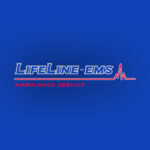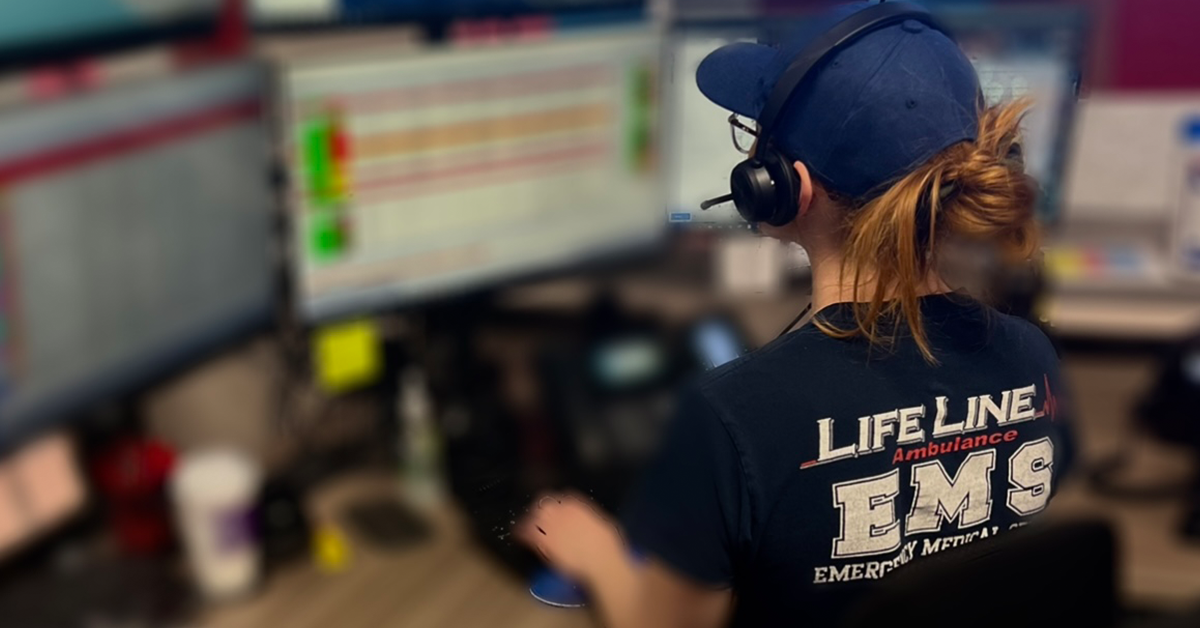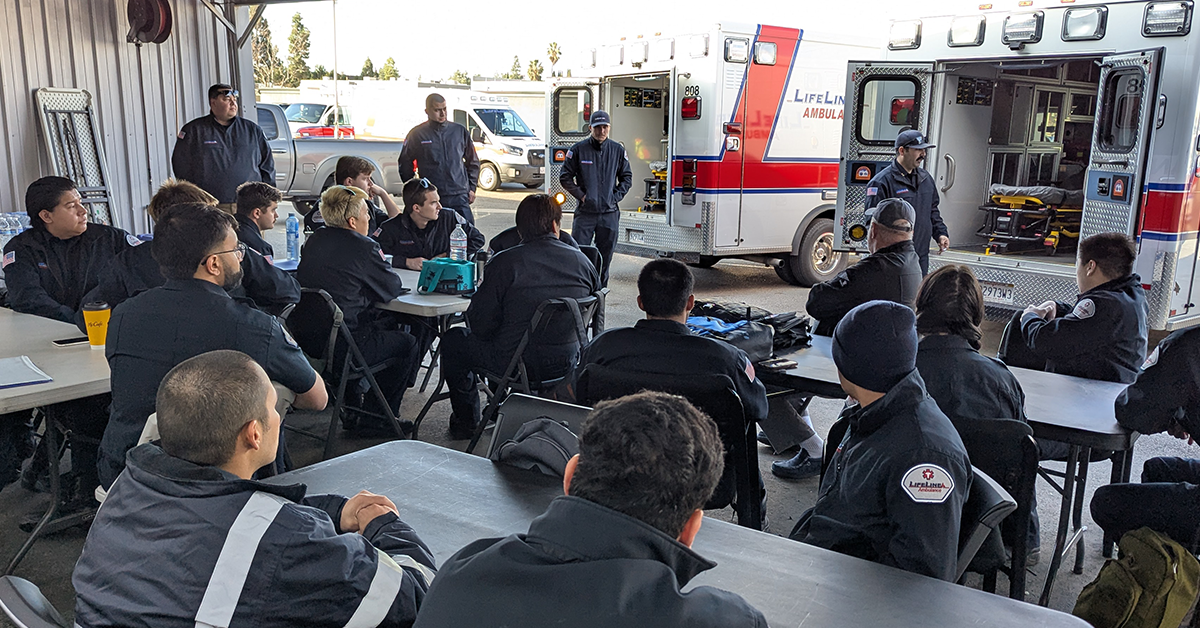Being an Emergency Medical Technician (EMT) is a demanding yet rewarding profession, offering unique experiences and the satisfaction of saving lives. However, many EMTs eventually seek to transition to other roles within the healthcare field or entirely new career paths. Whether driven by the desire for new challenges, professional growth, or better work-life balance, EMTs have a plethora of opportunities available to them. This article explores the various career paths and opportunities beyond the ambulance, highlighting how LifeLine EMS supports its employees in preparing for life after being an EMT in Los Angeles and Southern California.
The Skills and Experience Gained as an EMT
Before diving into the career opportunities, it’s essential to understand the valuable skills and experiences gained while working as an EMT. These include:
- Clinical Skills: Proficiency in emergency medical procedures, patient assessment, and life-saving interventions.
- Critical Thinking: The ability to make quick, informed decisions under pressure.
- Communication: Strong verbal and non-verbal communication skills, essential for patient care and teamwork.
- Compassion and Empathy: A deep sense of empathy and the ability to provide comfort in stressful situations.
- Physical and Mental Resilience: The stamina to handle physically demanding tasks and the emotional fortitude to cope with traumatic events.
These skills are highly transferable and can open doors to various career paths within and outside the healthcare sector.
Advanced Clinical Roles
One natural progression for EMTs is to advance their clinical careers. Several advanced roles build on the foundational skills acquired as an EMT:
1. Paramedic
Becoming a paramedic is a common next step. Paramedics have more advanced training and responsibilities than EMTs, including administering medications, performing advanced airway management, and using complex medical equipment. Many EMTs choose this path to enhance their skills and increase their scope of practice.
2. Registered Nurse (RN)
The transition from EMT to RN is another popular route. Registered Nurses work in various settings, from hospitals to outpatient clinics, providing comprehensive patient care. EMTs often find that their experience in emergency situations gives them a significant advantage in nursing school and in high-stress environments like emergency rooms and intensive care units.
3. Physician Assistant (PA)
Physician Assistants are licensed medical professionals who practice medicine under the supervision of physicians. The role requires a master’s degree, and EMT experience is highly valued in PA programs. PAs perform examinations, diagnose illnesses, develop treatment plans, and often serve as primary care providers.
4. Emergency Room Technician
An Emergency Room Technician (ER Tech) assists in hospital emergency rooms, performing tasks similar to those of an EMT but within a hospital setting. This role is ideal for EMTs who want to stay in the emergency care field but prefer a more stable work environment.
Healthcare Administration and Management
For those interested in the administrative side of healthcare, numerous opportunities exist:
1. Healthcare Administrator
Healthcare administrators manage the operations of healthcare facilities, ensuring they run efficiently and effectively. This role involves overseeing staff, managing budgets, and implementing policies. EMTs with strong organizational and leadership skills can excel in this field, especially with additional education in healthcare administration.
2. Quality Improvement Coordinator
Quality Improvement Coordinators work to enhance the quality of care provided by healthcare organizations. They analyze data, develop improvement strategies, and ensure compliance with healthcare regulations. EMTs bring a valuable perspective to this role, understanding firsthand the importance of quality care.
3. Training and Development Manager
Training and Development Managers in healthcare organizations design and implement training programs for staff. EMTs with a passion for education and a wealth of field experience can thrive in this role, helping to train the next generation of healthcare professionals.
Education and Training
Many EMTs find fulfillment in educating and training others:
1. EMS Instructor
EMS Instructors teach EMT and paramedic courses, sharing their knowledge and experience with aspiring emergency medical professionals. This role allows EMTs to stay connected to the field while nurturing the next generation of EMTs.
2. Clinical Educator
Clinical Educators work in hospitals and other healthcare settings, providing ongoing education and training to clinical staff. EMTs with a deep understanding of emergency care can play a crucial role in improving patient outcomes through education.
Public Health and Safety
Public health and safety roles offer EMTs the chance to impact community health on a larger scale:
1. Public Health Officer
Public Health Officers develop and implement programs to improve community health. They work on issues like disease prevention, health education, and emergency preparedness. EMTs’ field experience and understanding of public health emergencies make them well-suited for this role.
2. Safety Officer
Safety Officers ensure that workplaces comply with safety regulations to prevent accidents and injuries. EMTs’ knowledge of emergency response and injury prevention is invaluable in this role, particularly in industries like construction, manufacturing, and public services.
Opportunities Within LifeLine EMS
LifeLine EMS is committed to the professional development of its employees, offering various pathways for career advancement:
1. Field Training Officer
Field Training Officers (FTOs) mentor new EMTs, providing guidance and support during their training period. This role is perfect for experienced EMTs who enjoy teaching and leadership.
2. Operations Supervisor
Operations Supervisors oversee the day-to-day operations of EMS teams, ensuring efficient and effective service delivery. This role requires strong leadership, organizational, and communication skills, which experienced EMTs often possess.
3. Community Outreach Coordinator
Community Outreach Coordinators at LifeLine EMS develop and implement programs to educate the public about emergency preparedness and health. EMTs with a passion for public service and education can excel in this role, making a positive impact on the community.
Support for Transitioning Careers
LifeLine EMS provides robust support for EMTs looking to transition to new roles. This includes:
- Career Counseling: Personalized career counseling to help EMTs identify their strengths, interests, and potential career paths.
- Education Assistance: Tuition reimbursement and support for further education and training, ensuring EMTs have the resources they need to advance their careers.
- Professional Development Programs: Workshops, seminars, and training sessions focused on skill development and career growth.
Keep Reading
Want more? Here are some other blog posts you might be interested in.
In the high-stakes world of emergency medical services, clear and effective communication can mean the difference between life and death. EMS professionals...
Emergency Medical Services is an ever-evolving field that requires constant learning and adaptation. With medical advancements, technological innovations, and increasing public health...
Emergency Medical Services s a high-stress, physically demanding profession that requires dedication, quick decision-making, and resilience. While the rewards of saving lives...






